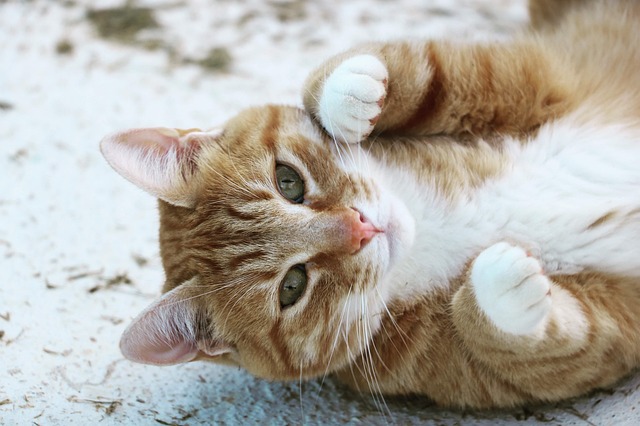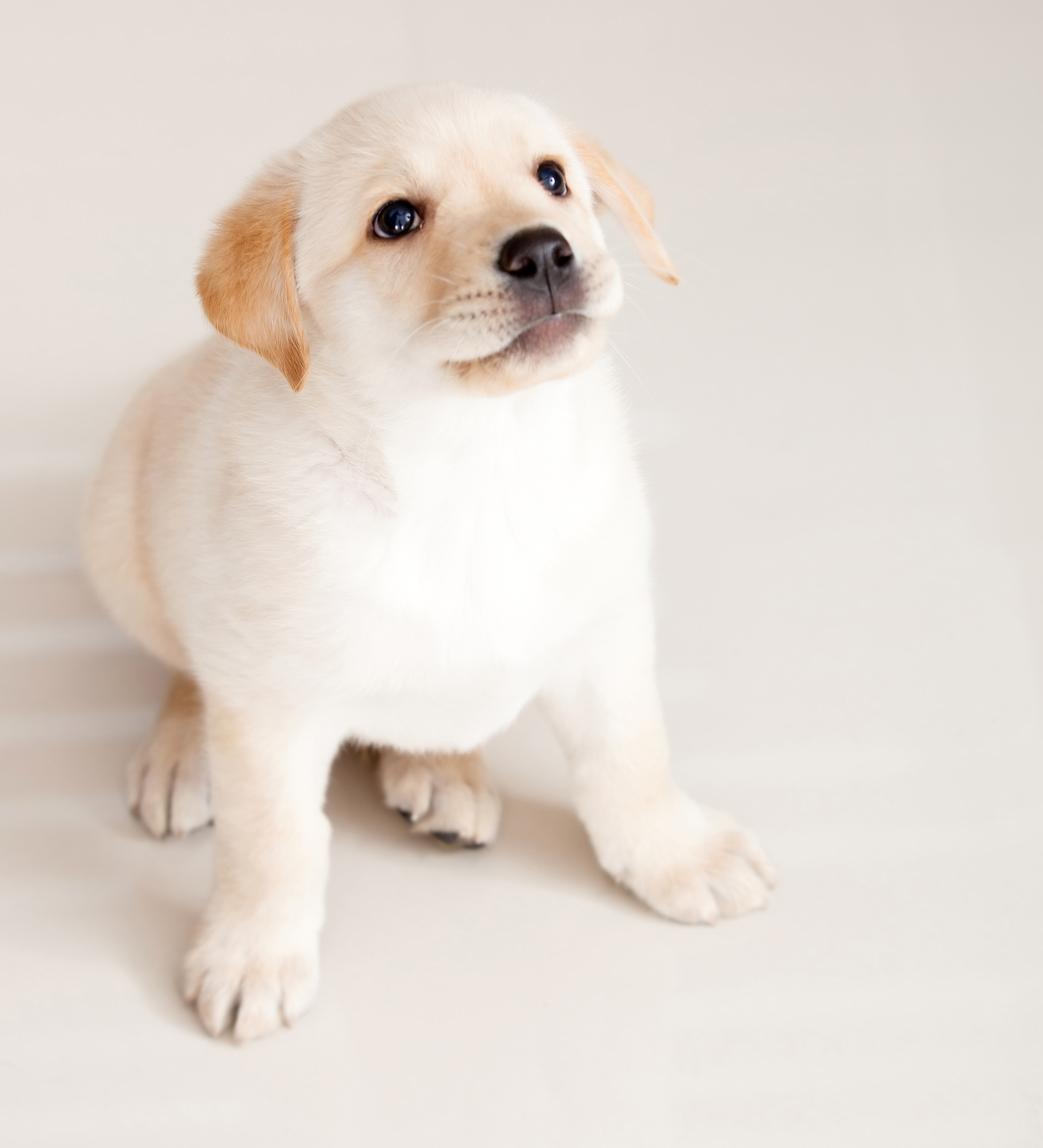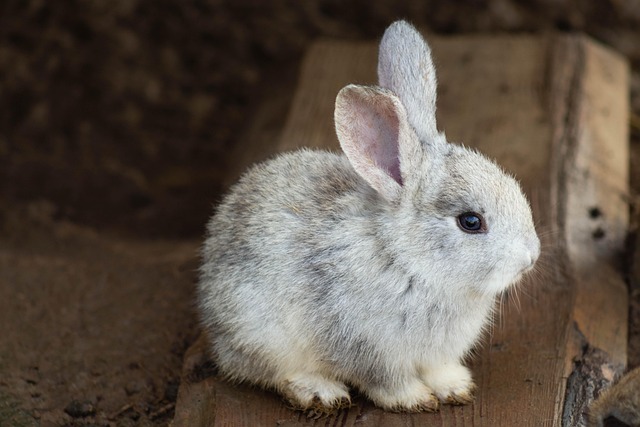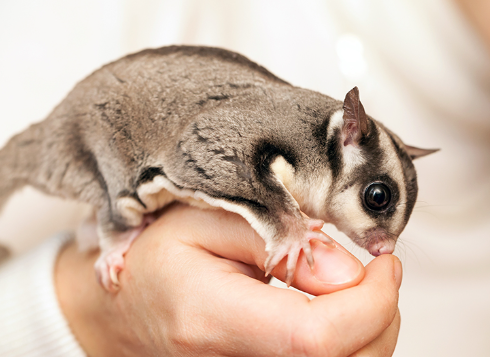Why is cat not eating after giving birth?
Why is cat not eating after giving birth?
Why Is My Cat Not Eating After Giving Birth?
Giving birth is a physically demanding process for cats, and it's normal for them to lose their appetite for a short period afterward. However, if your cat isn't eating for more than 24 hours after giving birth, it's important to take her to the vet to rule out any underlying medical conditions.
Common Reasons Why Cats Don't Eat After Giving Birth
There are several reasons why a cat might not eat after giving birth, some of which are more serious than others. Here are a few of the most common:
Exhaustion: Giving birth is hard work, and your cat may simply be too tired to eat right away.
- Stress: The birthing process can be stressful for cats, and they may not have an appetite until they've had time to relax and recover.
Pain: If your cat is in pain from birthing injuries, she may not want to eat.
- Mastitis: This is an infection of the mammary glands that can be very painful and make it difficult for your cat to nurse her kittens.
- Eclampsia: This is a serious condition caused by a drop in blood calcium levels. It can cause seizures, tremors, and even death if not treated promptly.
When to Be Concerned
If your cat isn't eating for more than 24 hours after giving birth, or if she is showing any other signs of illness, such as vomiting, diarrhea, lethargy, or fever, it's important to take her to the vet right away. Early diagnosis and treatment can help prevent serious complications.
.jpeg)
Tips for Encouraging Your Cat to Eat After Giving Birth
If your cat is struggling to eat after giving birth, there are a few things you can do to help:
Offer her small, frequent meals. Start with a few bites of her favorite food, and gradually increase the amount as she starts to eat more.
Warm up her food. This can make it more appealing to her.
Offer her different types of food. Some cats may prefer wet food over dry food, or vice versa. Experiment to see what she likes best.
Make sure she has easy access to food and water. Place her food and water bowls in a quiet, accessible location away from her litter box.
Reduce stress in her environment. This may mean keeping other pets and children away from her and her kittens.
It's normal for cats to lose their appetite for a short period after giving birth. However, if your cat isn't eating for more than 24 hours, or if she is showing any other signs of illness, it's important to take her to the vet to rule out any underlying medical conditions. With proper care and support, your cat should be back to her normal self in no time.
If you are hand-rearing kittens, be sure to use a kitten formula that is specifically designed for their nutritional needs.
Keep your cat's environment clean and sanitary to help prevent the spread of infection.
Be patient and understanding. It takes time for cats to recover from giving birth, and they may not be back to their normal selves for a few weeks.
Q: How long is it normal for a cat not to eat after giving birth?
A: It's normal for a cat to lose her appetite for up to 24 hours after giving birth.
However, if she's still not eating after that, it's best to consult a veterinarian.
Q: What are some other signs that my cat might be sick after giving birth?
A: Signs to watch out for include vomiting, diarrhea, lethargy, fever, difficulty nursing her kittens, or green/bloody discharge. These could indicate mastitis, eclampsia, or other complications.
Q: What can I do to encourage my cat to eat after giving birth?
A: Offer her small, frequent meals of her favorite food, warm it up slightly, and try different types like wet food or kitten food. Ensure easy access to food and water in a quiet location. Minimize stress by keeping other pets and children away.
Q: How can I tell if my cat has mastitis?
A: Signs of mastitis include red, swollen, and painful mammary glands, fever, and reluctance to nurse. If you suspect mastitis, seek immediate veterinary attention.
Q: What is eclampsia and how serious is it?
A: Eclampsia is a life-threatening condition caused by low calcium levels. It can cause seizures, tremors, and even death. If your cat shows any signs like muscle tremors or stiffness, take her to the vet immediately.
Q: Should I hand-feed my kittens if my cat can't nurse them?
A: Consult your veterinarian first. Hand-feeding kittens requires specific formula and technique. Only do it under professional guidance.
Q: How can I prevent my cat from getting sick after giving birth?
A: Provide proper prenatal care, ensure a clean and stress-free environment, offer a nutritious diet, and get regular veterinary checkups.












Leave a comment